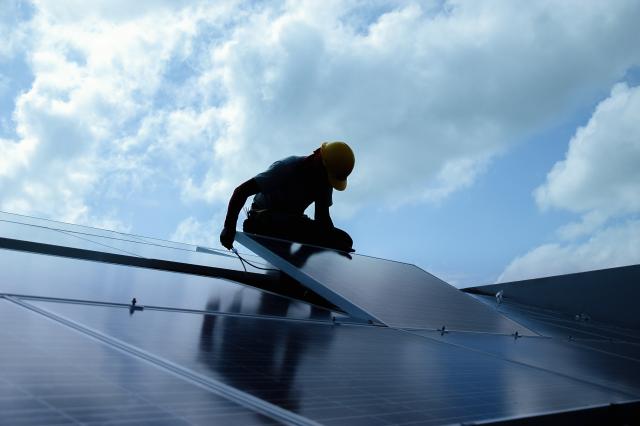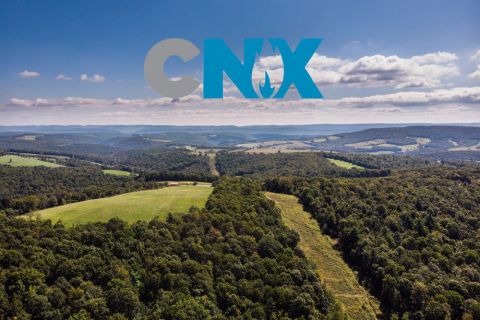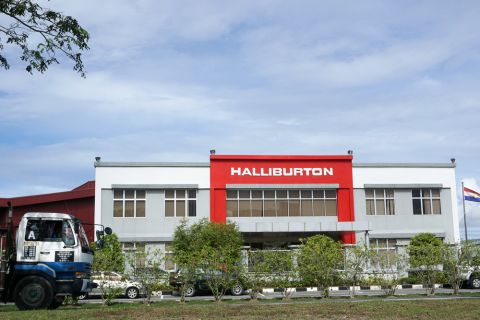
Sunnova Energy’s Project Hestia will make rooftop solar, battery storage and virtual power plant (VPP)-ready software available to underserved communities. (Source: Shutterstock)
Solar company Sunnova Energy International has landed a partial loan guarantee for up to $3 billion from the U.S. Department of Energy (DOE) for the expansion of solar access in underserved communities, the company said April 20.
Through the 568-megawatt (MW) capacity Project Hestia, the company aims to improve access to clean energy sources for disadvantaged communities and individuals, as well as homeowners with lower credit ratings, while giving customers insight on their power usage. It will make rooftop solar, battery storage and virtual power plant (VPP)-ready software available.
“Project Hestia would make possible a historic private sector investment in disadvantaged American communities and energy infrastructure,” Sunnova CEO William Berger said in a news release. “The DOE financing would accelerate the adoption of solar and storage, decrease greenhouse gas emissions and expand the availability of reliable, clean and affordable energy to those communities who benefit the most from low-cost energy.”
The loan would support up to $4 billion to $5 billion in Sunnova loan originations, lowering its weighted average cost of capital and generating interest savings. The originations are associated with Sunnova’s solar, storage and Adaptive Home technologies, it said.
The loan guarantee from the DOE’s Loan Programs Office (LPO) comes as the Biden-Harris administration takes steps toward a carbon-free grid by 2035. While it pushes for increased use of renewable energy sources, the administration has also rolled out the Justice40 Initiative to ensure no community misses out on the benefits of clean energy.
Project Hestia would mark LPO’s first support of a VPP project.
“VPPs are aggregated grid-connected DERs [distributed energy resources] such as photovoltaics (PV), battery storage systems, electric vehicles, and flexible end-uses combined with communications and control software,” LPO said in a news release. “Coupling aggregated DERs with smart software can create a powerful collective tool—a ‘virtual power plant’—to deliver affordable power and support grid reliability and decarbonization in an increasingly electrified world.”
Sunnova said it will provide homeowners technology—accessible by personal electronic devices, including smart phones—that will provide customers insight into electricity usage and emissions.
Evercore analysts called the development “very positive” for Sunnova, saying the news could offset the recent narrative of higher interest rates, widening credit spreads and regional bank uncertainty in slowing customer acquisition.
“We would not be surprised to see publicly and privately-owned competitors seek similar financing arrangements with the DOE to bolster their ability to reach lower income households,” Evercore analysts said in a note on April 20. “We have discussed before our view that the full scope of the 87 million single-family detached homes in the United States represented a deceptively high addressable market, due to the fact that a substantial portion of the residences would fall below typical credit underwriting standards for private capital deployment for solar.”
If the partial loan guarantee is finalized, it would enable Sunnova to provide loans for clean energy systems for about 75,000 to 115,000 homeowners throughout the U.S. and its territories, according to the LPO.
The project is expected to avoid an estimated 7.1 million tonnes of CO2 over its 25-year life, the LPO said. “That’s equivalent to eliminating carbon emissions from 1.5 million vehicles on the nation’s roads. If finalized, the project is estimated to create over 3,400 American jobs.”
The transaction is expected to close in second-quarter 2023, with Sunnova issuing its first securitization under the program in the first half of the year.
Recommended Reading
CNX, Appalachia Peers Defer Completions as NatGas Prices Languish
2024-04-25 - Henry Hub blues: CNX Resources and other Appalachia producers are slashing production and deferring well completions as natural gas spot prices hover near record lows.
Chevron’s Tengiz Oil Field Operations Start Up in Kazakhstan
2024-04-25 - The final phase of Chevron’s project will produce about 260,000 bbl/d.
Rhino Taps Halliburton for Namibia Well Work
2024-04-24 - Halliburton’s deepwater integrated multi-well construction contract for a block in the Orange Basin starts later this year.
Halliburton’s Low-key M&A Strategy Remains Unchanged
2024-04-23 - Halliburton CEO Jeff Miller says expected organic growth generates more shareholder value than following consolidation trends, such as chief rival SLB’s plans to buy ChampionX.
Deepwater Roundup 2024: Americas
2024-04-23 - The final part of Hart Energy E&P’s Deepwater Roundup focuses on projects coming online in the Americas from 2023 until the end of the decade.






